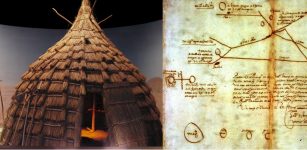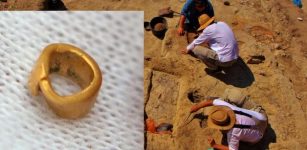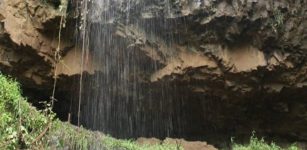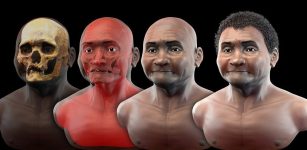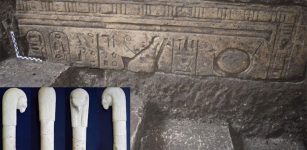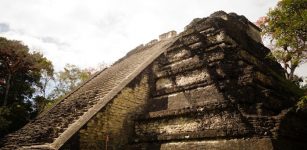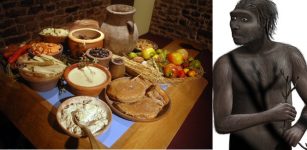Large Lost Anglo-Saxon ‘Palace’ Discovered In East Anglia
MessageToEagle.com – Archaeologists excavating at Rendlesham, near Sutton Hoo site have unearthed a large, lost Anglo-Saxon palace that played an important role in ancient times.
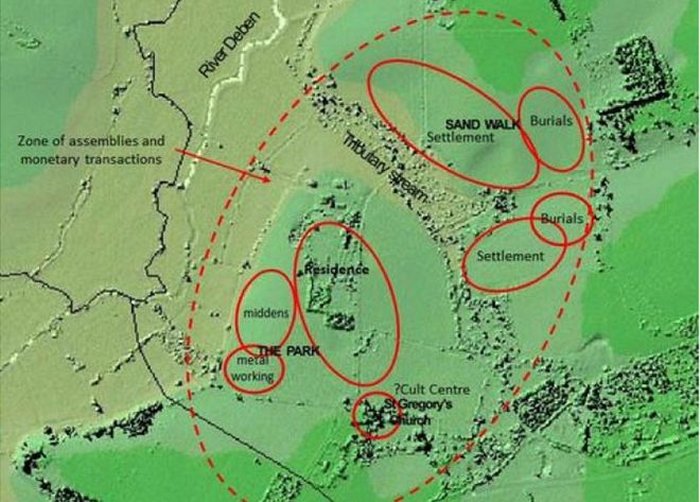
Aerial photography and geophysical surveys have revealed remains of a 23m (75ft) by 9m (30ft) structure could have once been a royal hall or palace.
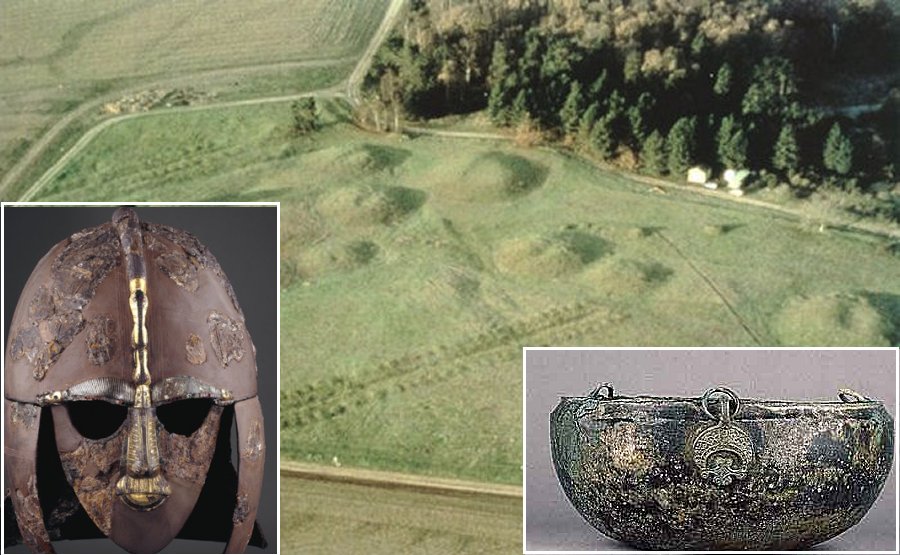
“We’re convinced we’ve found a royal settlement of very high status, and I suppose it would be a large hall rather than a palace as it would spring to mind to us,” Faye Minter, project co-ordinator and Suffolk County Council’s archaeological unit said.
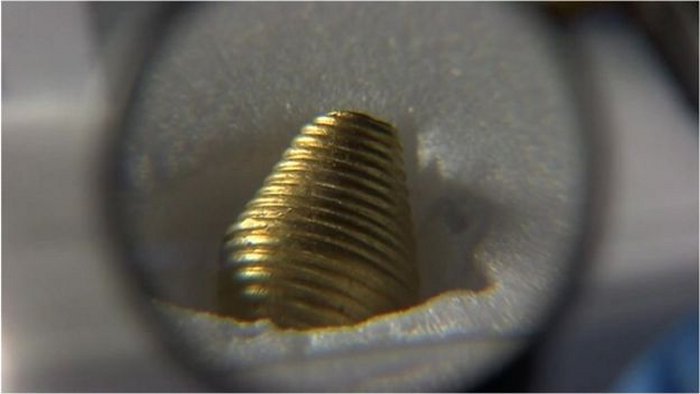
It is thought Rendlesham and Sutton Hoo were intimately linked – with Sutton Hoo being the burial place of the king at Rendlesham.
The discovery at Sutton Hoo was made in 1939 when the landowner Edith Pretty asked archaeologist Basil Brown to investigate the largest of several mounds on her property.
See also:
Hengist and Horsa: Legendary Anglo-Saxon Warrior Brothers And Leaders Of First Settlers In Britain
Anglo-Saxon Cemetery Discovered At Wiltshire, England
Anglo-Saxon Previously Unknown Monastic Or Trading Center – Discovered
Beneath the mound was the imprint of a 27m (88ft) ship. At its centre was a ruined burial chamber packed with treasures.
About 4,000 items, including intricate metalwork, coins and weights, have been found at Rendlesham. About 1,000 of them are Anglo-Saxon, Ms Minter said.
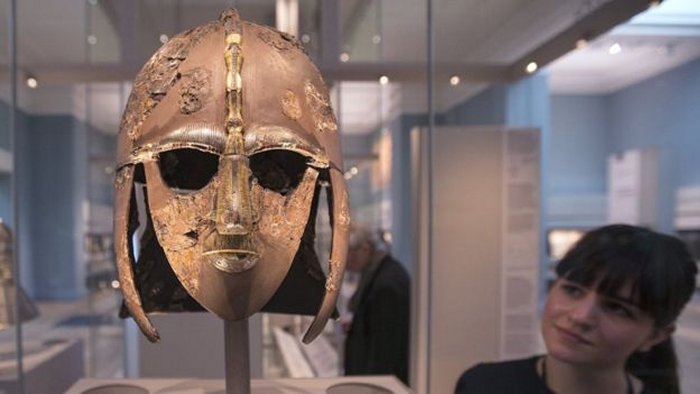
Dr Helen Geake of the British Museum said while the “palace” find was “incredibly exciting”, it could be one of a number dotted around East Anglia.
“There would have been quite a few of these palaces or halls dotted around,” she said.
“The king [of the time] would have toured his kingdom in order to show his magnificence to his people, so he would have had lots of places to base himself around East Anglia.”
MessageToEagle.com


